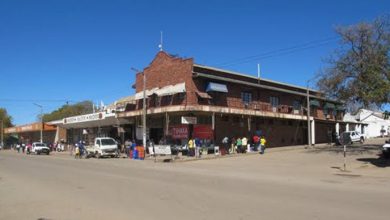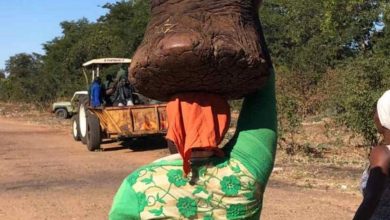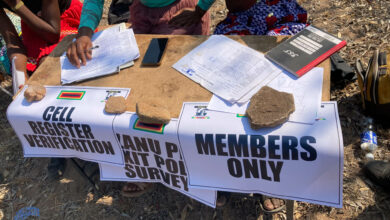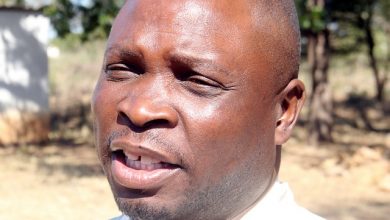Govt attempts to downplay Gukurahundi by using mild language, says Former Healing Minister
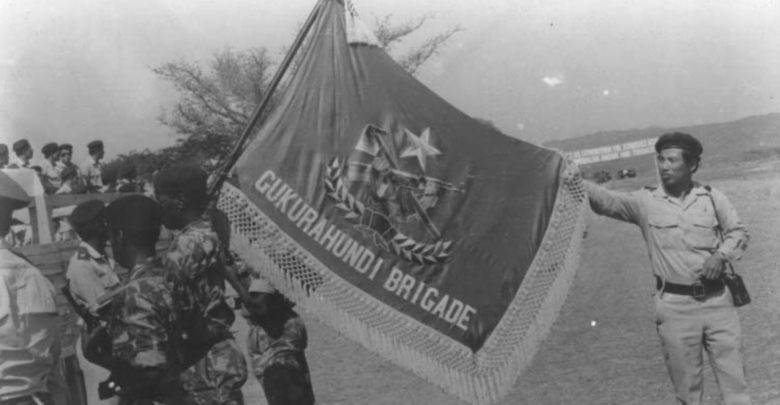
Former Co-Minister of National Healing and Integration, Moses Mzila Ndlovu, says the government is trying to downplay the extent of the Gukurahundi genocide by describing the atrocities using mild language and terminology that implies victims are to blame for the killings.
Ndlovu said government officials “wrongly and senselessly” continued using mild or moderate terms like “conflict, disturbances, dissident activity” to describe the genocide that took place in Matabeleland and the Midlands in the 1980s.
“In the last 40 years, Zanu PF has been trying without success to kill the Gukurahundi Genocide issue. Genocide is a crime under international law. It was defined in 1948 as acts with intent to destroy in whole or in part, national, ethnic, religious or racial group by the United Nations Genocide Convention and Zimbabwe’s Gukurahundi Genocide has all the features of a Genocide,” Ndlovu told CITE.
The opposition politician said the Zanu leadership and the Fifth Brigade operatives committed ethnic cleansing from 1980 to 1987 in Matabeleland and Midlands.
“The genocide nomenclature, has, however been deliberately avoided by Zanu and government as part of its continuing efforts to conceal the massive killings in Matebeleland. They rather use inaccurate terminology meant to mislead the public, terminology that accuses the victims of being responsible for the crime,” Ndlovu said.
“This however, is normal in Genocide situations. The victims are variously accused and labeled to set them apart from the rest of the population for purposes of extermination. Part of the criminal effort to bury the crime is found in the inappropriate language they use to project the killings as an ordinary military operation.”
The former healing minister lamented how some members of the public have adopted the Zanu PF official position through such language that ‘hurts’ the struggle for justice.
“And by all means this is offensive to the victims and everyone else who cares about human rights and the rule of law,” Ndlovu said.
“Yet again there are others who have been sucked into believing in the regime’s pronouncements on decriminalising the Genocide while the real motive is to destroy the evidence and bury the issue under concrete.”
Ndlovu said standing for justice was “rejecting the idea that Gukurahundi was a conflict, a small issue, a western conspiracy and a moment of madness.”
He explained that such distortions must be robustly rejected in order to expose the crime perpetrated by Zanu upon the people of Matabeleland.
“To say Gukurahundi is a conflict is a gross misrepresentation of facts. Conflict takes two or more sides using violence on the upper scale to resolve their differences such as in war. There was no war or conflict after Rhodesia became Zimbabwe.”
Ndlovu said there were no two sides in Gukurahundi but the Fifth Brigade acting alone in an “imaginary battlefield inhabited by real people with real languages, real feelings, real cultures and real needs for safety like anyone else in the country.”
“Is it not curious enough that there were no casualties suffered by the Fifth Brigade during its notorious operation code named Gukurahundi which itself spells out the specific purpose and intent of the barbarians,” quizzed the former healing minister.
“No such war has ever been recorded in the annals of history where one party inflicts casualties but never receives any in return.”
The former healing minister claimed Gukurahundi’s “rate of civilian kill was astronomical, an average of 500 dead every day according to third commander (the late) Perrance Shiri.”
“This is typical of a genocide, swift but huge. Methods used were horrendous as the perpetrators had all the time and freedom to commit heinous crimes as excruciatingly painful as they could make, at their own pace and at their own leisure which defies all norms and characteristics of a two sided conflict,” he said.
Ndlovu said looking at such factors, Gukurahundi was ‘indeed’ a genocide.
“ It was not even a case of an upper hand they enjoyed against a false enemy force but the absence of that force. How could unarmed civilians, many in their advanced ages and frail while others were unborn babies constitute the other side of the ‘conflict?’ Bizzare!” said the politician.
Congress for Transformation (CFT) party spokesperson, Iphithule Maphosa, concurred with the former healing minister that there were attempts to whitewash the genocide.
“Perhaps they are doing this to ease their conscience knowing they partook in the murder of thousands of people,” he said, adding that people in Matabeleland and Midlands were victims of a heinous crime.
“People did not engage in any threat to the Zanu government after independence. They did not fight anyone and certainly they were not in conflict yet endured a genocide which is now called a disturbance as if that was a brawl between neighbours. Gukurahundi must be classified as a genocide where people were subjected to cruelty and traumatic experiences.”



